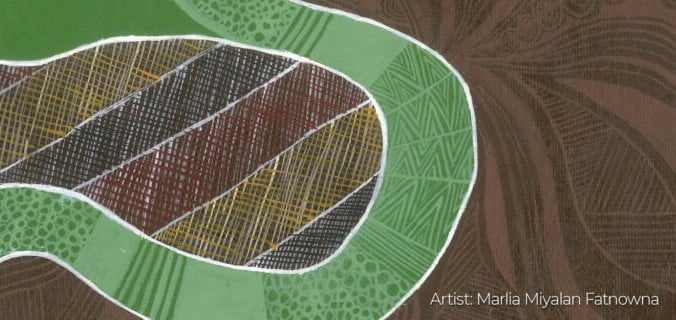The Law Council of Australia has expressed its grave concern over the removal from duty — without proper process — of some 2,750 judges in Turkey, following a failed coup by a section of the military.
The judges, along with unknown numbers of lawyers and other legal professionals, have been detained by the Turkish Government as a retaliatory response to the failed coup.
Law Council President Stuart Clark AM said judicial independence was now under severe threat.
“Turkey has long been considered a relative beacon of democracy and the rule of law in a troubled region. In democracies, however, the independence of judges from political influence must be considered sacrosanct,” Mr Clark said.
“Removing or suspending a judge should only be done in alignment with constitutional safeguards and this has not been the case in recent days. It is also the Law Council’s understanding that there is no suggestion that any Turkish judge was involved in plotting or station the attempted coup. This makes the mass removal of judges from duty all the more troubling.
“Of course, Turkey is experiencing extraordinary circumstances. However, it would be deeply regrettable if a bad situation was made much worse through the jettisoning of fundamental rule of law principles.
“The international community must not allow the Turkish Government to use the failed coup as a blank cheque to remove judicial independence. To do so would be to acquiesce to the failure of democracy and the rule of law in one of the world’s largest nations.
“In the days, weeks and months ahead it is imperative the international community makes it clear to Turkey they must act in accordance with the Basic Principles on the Independence of the Judiciary.
“This also means those charged with crimes arising out of this most recent incident should be tried by judges and represented by lawyers who are free from Government pressure and interference.
“Additionally, an emphasis should be placed on Turkey’s commitments under the International Covenant on Civil and Political Rights to protect and promote human rights, including legal professionals who have been the target of previous attacks by the Government.
“The Law Council stands with the Judicial Conference of Australia, International Association of Judges and International Bar Association, in reiterating that any action by Turkish authorities against individual judges in relation to any alleged involvement would only be justified if based on a concrete allegation and due process of law,” Mr Clark said.
Mr Clark said the Law Council is also deeply concerned about suggestions President Recep Tayyip Erdogan might not only reintroduce the death penalty in Turkey, but apply it retrospectively to those allegedly involved in the coup.
“The Law Council is completely opposed to the use of the death penalty, which is an outright violation of the most fundamental of human rights, the right to life. We are further disturbed by the idea that such a penalty could be applied retrospectively. Any such move would be inconsistent with the rule of law.”
“The legal sector is also troubled by news of a large-scale purge of the country’s institutions and the imposition of a three month state of emergency. Further, the related decision to ban Turkish academics from travelling, affecting many legal academics, is a direct attack on academic freedom,” Mr Clark said.
Patrick Pantano: Public Affairs Anil Lambert: Media
02 6246 3715 0416 426 722
Patrick.Pantano@lawcouncil.asn.au anil@hortonadvisory.com.au


